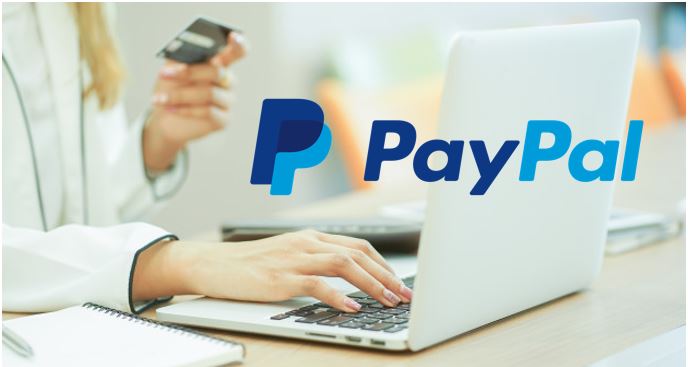
PayPal has become one of the most popular online payment platforms in the world. With its ease of use and secure transactions, millions of people rely on PayPal for their financial transactions. However, like all online platforms, PayPal is also a target for scammers and fraudsters. Here are some of the most common PayPal scams and how you can protect yourself.
Phishing Scams
Phishing scams are one of the most common types of online scams, and PayPal users are not immune to them. Phishing scams involve fake emails or messages that are designed to look like they are from PayPal. The scammers will typically ask for your login information or other sensitive information, such as your Social Security number or credit card information. If you receive an email or message that looks like it is from PayPal, do not click on any links or enter any personal information. Instead, log in to your PayPal account directly and check for any notifications or messages.
Fake Payment Scams
Fake payment scams are another common PayPal scam. Scammers will send you a message claiming that they have sent you a payment through PayPal, but they need you to send the item before the payment can be processed. Once you send the item, the scammer will cancel the payment or claim that it was a mistake. To avoid this scam, always wait for the payment to clear in your PayPal account before sending any items.
Fake Refund Scams
Fake refund scams are similar to fake payment scams. Scammers will send you a message claiming that they have accidentally overpaid you, and they need you to send back the excess payment. Once you send the money back, the scammer will cancel the original payment or claim that it was a mistake. To avoid this scam, always verify the original payment in your PayPal account before sending any refunds.
Fraudulent Seller Scams
Fraudulent seller scams are another common PayPal scam. Scammers will set up fake seller accounts and advertise high-value items at low prices. Once you make a payment, the scammer will disappear and you will never receive the item. To avoid this scam, always verify the seller's reputation and reviews before making a purchase.
Tips for Staying Safe on PayPal
- Now that you know about some of the most common PayPal scams, here are some tips for staying safe on PayPal:
- Use Two-Factor Authentication: Two-factor authentication adds an extra layer of security to your PayPal account by requiring a code sent to your phone or email before allowing access.
- Keep Your Account Information Updated: Make sure that your contact information, especially your email address and phone number, are up to date on PayPal. This will help you stay aware of any suspicious activity on your account.
- Check Your Account Regularly: Log in to your PayPal account regularly to check for any unusual transactions or activity. This will help you catch any potential fraud early.
- Verify Transactions Before Shipping: Always verify that you have received payment in your PayPal account before shipping any items. This will help protect you from fake payment scams.
- Use a Strong Password: Use a strong, unique password for your PayPal account that is not used on any other platform.
- Be Wary of Suspicious Emails: Scammers will often send phishing emails that are designed to look like they are from PayPal. Always double-check the sender's email address and verify any links before clicking on them.
- Contact PayPal if You Suspect Fraud: If you suspect any fraudulent activity on your PayPal account, contact PayPal immediately. They can help you secure your account and prevent any further fraud.
- In conclusion, PayPal is a convenient and secure online payment platform, but it is also a target for scammers and fraudsters. By staying vigilant and following these tips.
You may be interested in: How To Offer Online Payment Solutions as a Small Business
No comments:
Post a Comment